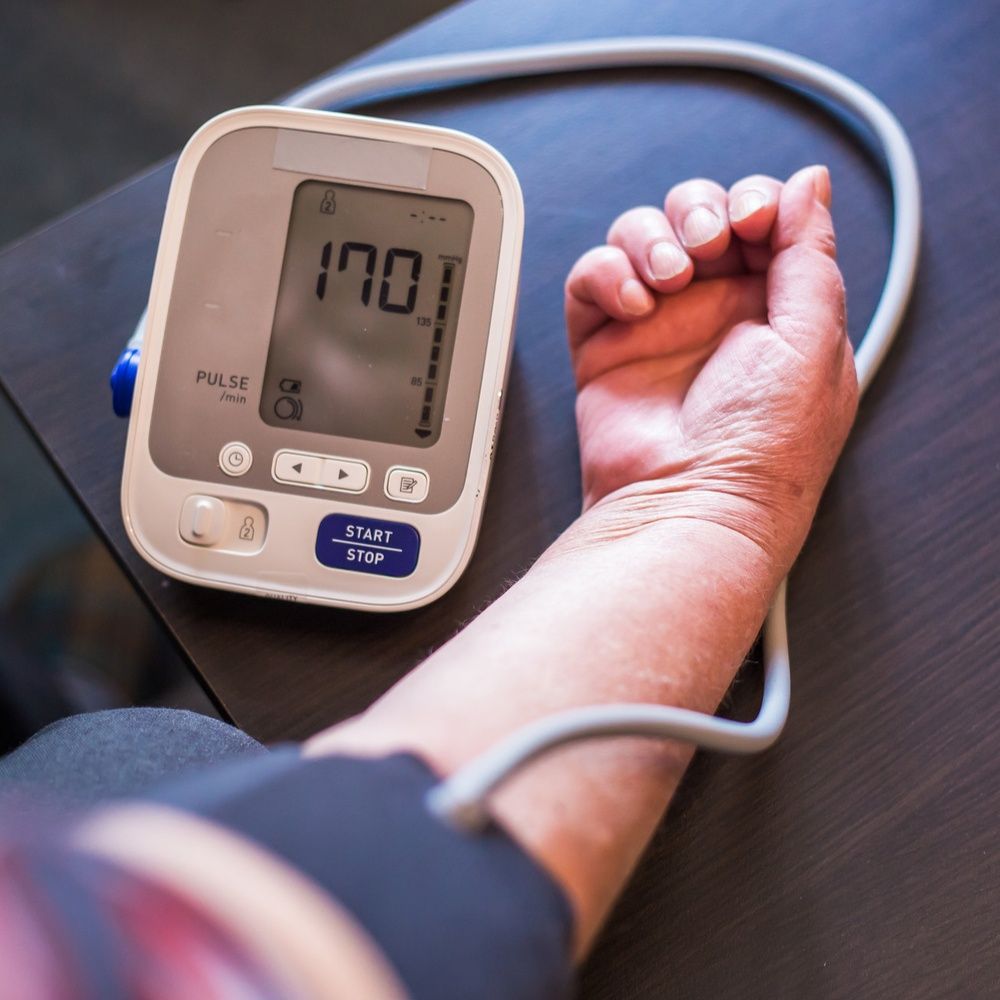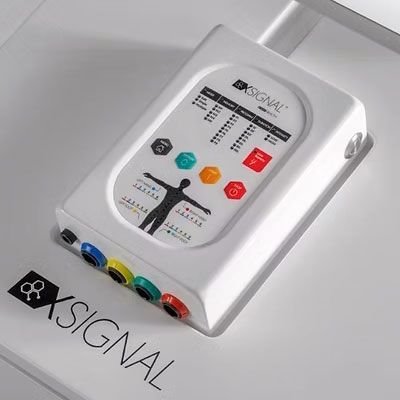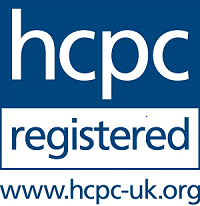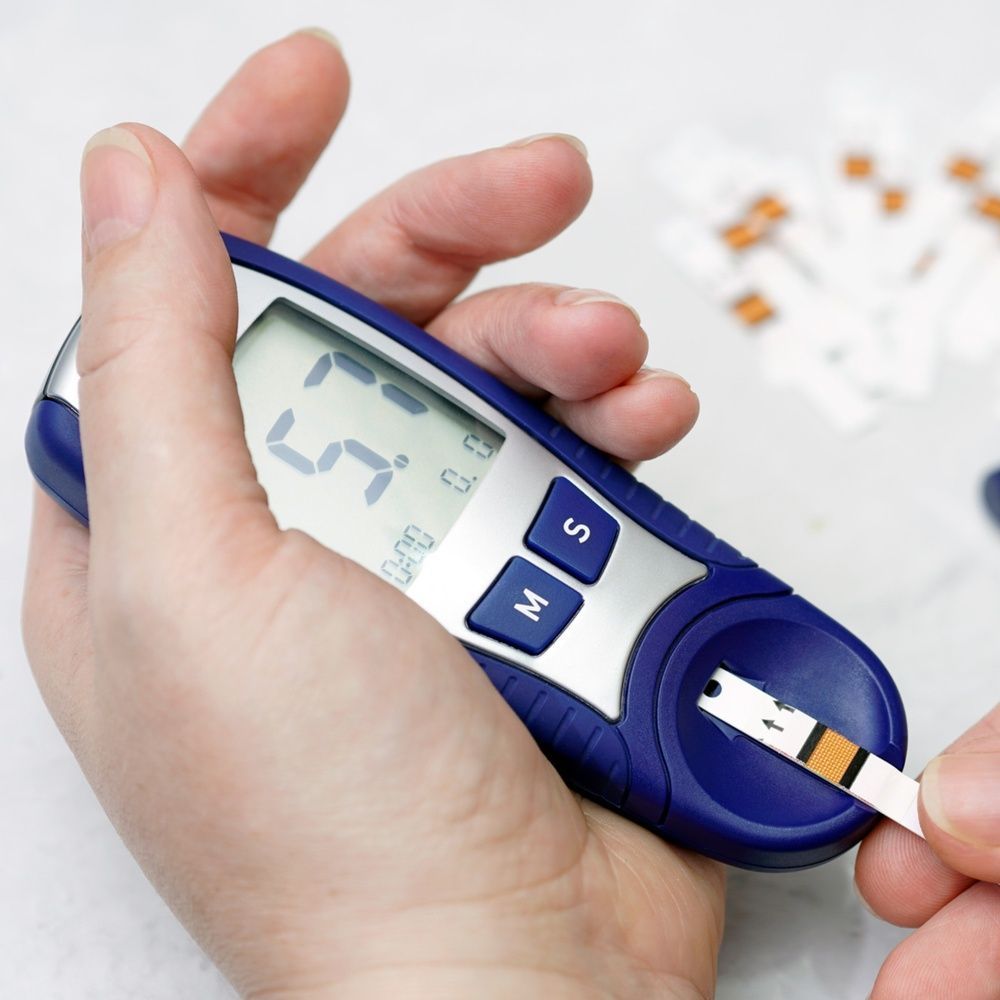Sleep
Sleep has a vital role in good health and well-being throughout your life.
How you feel while you are awake relates a lot to what happens while you are sleeping and not just the amount, but the quality of sleep.
During sleep, your body is repairing and maintain your physical and mental health. In children and teens, sleep support growth and development. Poor Sleep over time can raise your risk for Chronic (long-term) health problems.
Getting enough sleep has been shown to improve many aspects of athletic and physical performance.
It also affects how well you perform daily, how you think, react, work, learn, and get along with others.
Benefits or Negatives in Good or Bad Sleep
Cardiovascular Heart and circulatory system
People who do not sleep enough or wake up often during the night may have a higher risk of:
- Heart disease
- High blood pressure
- Obesity
- Stroke

Hormones
Many studies show a strong association between chronic sleep deprivation and risk of developing type 2 diabetes.
Metabolism
Reduced sleep is associated with an increased risk of developing obesity and weight gain. Sleep deprivation may increase your appetite and cause you to eat more calories. This is more likely be attracted eat foods higher in sugar and fat.
Respiratory and immune systems
Getting at least 7 hours of sleep helps improve immune function.
Cognitive and memory
Good sleep can enhance problem-solving skills and enhance memory.
While poor sleep has been shown to impair brain function and decision-making skills, reduce your social skills and ability to process emotions.
Poor sleep greatly affects your ability to make critical decisions, for example it could increase your risk of getting in a car accident or being injured at work.
Sleep disturbance is linked to higher levels of inflammation. Over time, this can increase your risk of developing chronic conditions like heart disease, depression, and Alzheimer’s disease

Summary
Lack of sleep is associated with many positive and negative health effects, including increased risk of heart disease, depression, weight gain, inflammation, and sickness.
Along with nutrition and exercise, taking care of your sleep is one of the pillars of health.
Though individual needs vary, most research suggests that you should get between 7 and 9 hours of sleep per night for optimal health.
People prioritize diet and physical activity, but sleep deserves as much attention.
Treatment
Nesa Neuromodulation
helps regulate the autonomic nervous system, improving sleep quality in 90% of patients.
The treatment is non-invasive, using non painful electrical currents to calm and regulate the autonomic nervous system.
Sleep disorders such as insomnia and sleep apnoea are often linked to imbalances in the autonomic nervous system (ANS).
Chronic stress or an overactive sympathetic nervous system disrupts sleep patterns, leading to fatigue, difficulty concentrating, and increased stress levels.
This vicious cycle further exacerbates ANS dysfunction.
NESA® therapy helps restore the balance by stimulating the parasympathetic nervous system, it counteracts the effects of chronic stress, promoting relaxation and reducing symptoms like elevated heart rate and muscle tension.
This rebalancing of the body’s nervous system leads to improved sleep quality, mental and physical wellbeing, allowing good sleep and productive days.

Manor Walk Clinic:
Contact Midlands Shockwave in Solihull on 0121 709 3486 to discuss your Sleep





